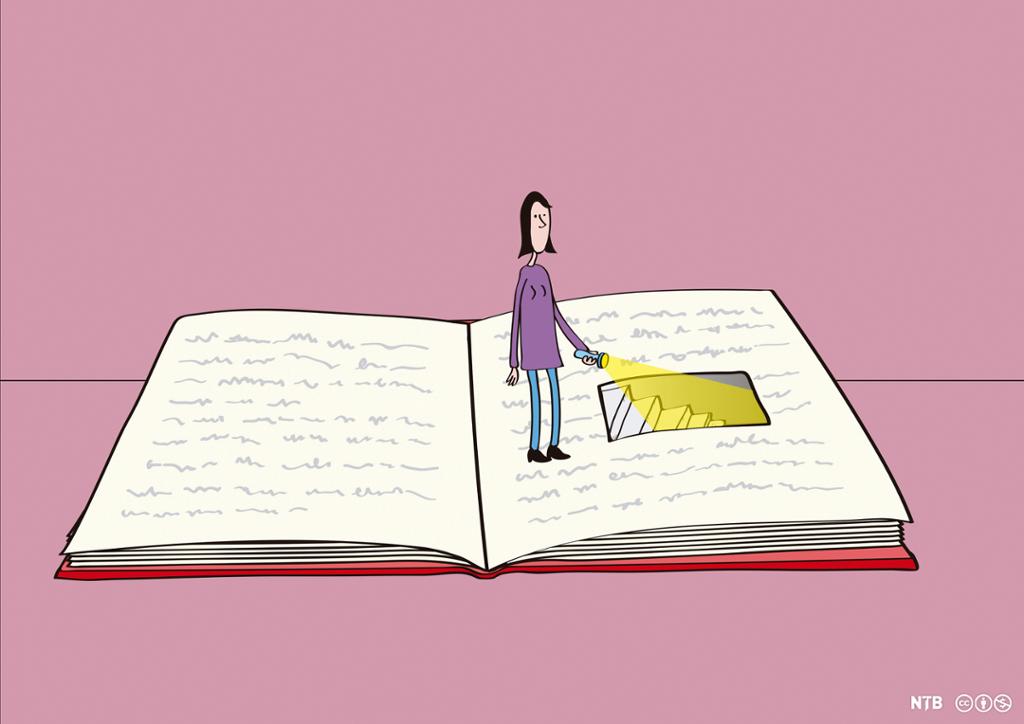Literary Genres

The word genre may sometimes be a bit confusing, because there are so many different types of genres. There is poetry and prose, short story, novel, and drama, as well as science fiction, romance, and fantasy.
To reduce confusion, we may think of genre as something that has several steps or levels. We look for the largest category the work fits into first, such as prose, and then a smaller category the work can fit into, such as novel, before considering what subgenre the work belongs to, such as science fiction.
This article will explore some main types of genres.
Poetry is often considered to be the oldest form of literature. Before writing was invented poetic forms were used to make stories easier to remember and recite. In poetry language is carefully chosen to express as much as possible through as few words as possible, while at the same time taking into consideration the sound and rhythm of the language. In traditional poetry rhyme and meter play a central role, but poetry may also be written in free form. What allows us to recognise a text as poetry, is that there is a focus on the way the syllables, words, and phrases sound when put together, and there is usually an element of meter or rhythm.
Prose is usually defined as 'not poetry'. Prose is written or spoken language in its ordinary form, without metrical structure. When we think of prose we tend to think of novels and short stories, but other types of prose are letters, diaries, journals, and non-fiction.
In literary history, the novel is a fairly new form of literature; scholars count Don Quixote by Miguel Cervantes (1605) as the first narrative that fits the modern criteria of a novel. In English literature Daniel Defoe's Robinson Crusoe (1719) is often counted as the first novel. Usually a novel is defined by its length, or more precisely – the extension of its plot, which can span over a longer period of time than, for example, a short-story. But that is not always the case; there are many famous (and long) novels where the narrative evolves over a very short time span, for example a couple of hours or a day. In addition, a novel often has an extensive cast of characters, and the plot may take place in many different settings.
Short stories are first and foremost characterised by being short, however, some short-stories can be quite long – even longer than some short novels. Hence, there are other characteristics that more accurately define a short-story. Firstly, the plot usually stretches over a relatively short period of time, and will involve fewer characters than a novel. Secondly, a short story will have a certain structure with a turning point or climax which takes the plot in an unexpected direction. In most short stories there will also be a twist at the end, which is supposed to summarise the theme and make the reader reflect.
Drama is a literary form that is written to be performed. Actors take the roles of the characters and act out the plot and lines in direct speech. The setting is shown to the audience through costumes and set design. A drama is structured in acts and scenes. In classical drama, there were certain rules that needed to be observed regarding the composition of the drama, and many of these classical plays were written in verse or blank verse. Today, we consume more drama than ever before through film and TV/Streaming.